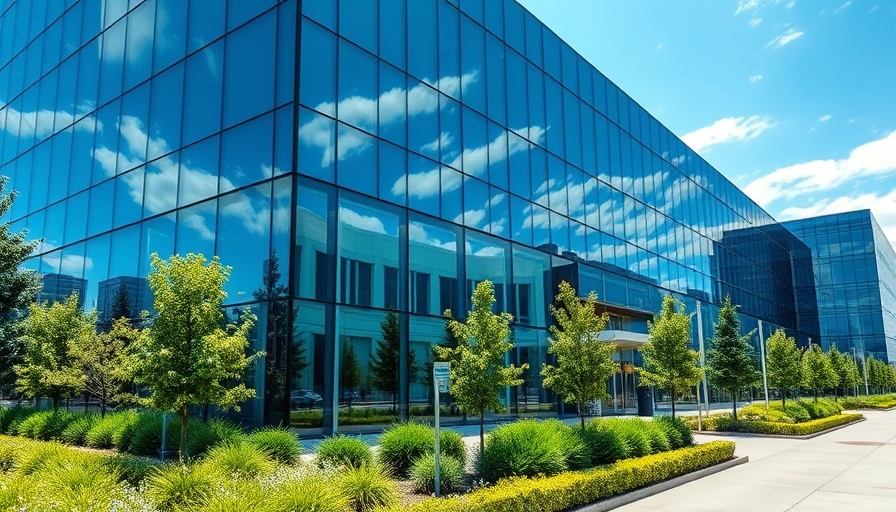
Shifting Paradigms: The Migration of Businesses to West Houston
The recent departure of the Oliva Gibbs law firm from downtown Houston to the Energy Plaza highlights a significant trend reshaping the Houston business landscape. This trend isn't just about one law firm's decision; it's indicative of a broader migration, as an increasing number of companies are choosing to relocate to thriving submarkets in west Houston. Businesses are attracted to these areas for various reasons, including lower operational costs, larger office spaces, and a more compelling work-life balance for employees.
Why Companies Are Leaving Downtown Houston
Downtown Houston has long been the heartbeat of the city's business activities, but as remote work and flexible working arrangements have taken hold, many firms are reevaluating their locations. With companies now able to operate virtually, the priorities have shifted to create environments that foster collaboration and well-being over sheer proximity to other businesses. By moving to west Houston, firms such as Oliva Gibbs can provide their employees with modern amenities and extensive resources, thus improving job satisfaction and productivity.
The Perks of the Energy Corridor
The Energy Corridor has emerged as a dynamic business hub in Houston. It is characterized by stunning green landscapes, access to high-quality housing, and a variety of entertainment and dining options. For businesses, this translates to a more attractive location that not only uplifts employee morale but also enhances recruitment efforts. This area is also well-equipped with infrastructure, providing businesses the necessary support systems to thrive.
Comparative Analysis: Downtown vs. West Houston
As more firms depart from downtown, a critical question arises: What does this shift mean for the future of Houston's traditional business districts? While downtown provides benefits such as easy access to major transport links and proximity to government offices, businesses in the suburbs often face less foot traffic, but they balance this with more affordable leasing options. The relocation trend suggests a recalibration of values where businesses are prioritizing employee satisfaction over legacy locations.
Future Predictions: What Lies Ahead for Houston's Business Landscape?
The ongoing trend of moving out of downtown is likely to evolve further. Experts predict that more corporations will follow suit, reshaping the urban strategies within the city. As companies prioritize hybrid work models, flexibility in leasing arrangements will also be key. Cities globally have seen similar migrations, which begs the question: Will downtown Houston adapt to this shift, perhaps reinventing itself as a vibrant area focused on culture and leisure rather than solely business?
A Call for Local Businesses to Adapt
For small businesses in Houston, this migration brings unique opportunities and challenges. Those remaining in downtown must find innovative ways to attract and retain clients amidst stiff competition from those in the suburbs. Local businesses can pivot by focusing on niche markets or enhancing their customer experience to stand out in a rapidly changing landscape.
Conclusion: The Sign of the Times
As the Oliva Gibbs law firm embarks on its new chapter in the Energy Plaza, its decision represents more than just a relocation—it signifies a significant shift in the business climate of Houston. For young professionals and older generations alike, understanding these changes can help shape their career paths and business decisions in the future. It’s crucial for both established businesses and startups to stay informed about these evolving trends shaping the Houston business scene.
In this era of transformation, staying ahead requires adaptability, foresight, and a willingness to innovate. Engage with local business events in Houston or explore networking opportunities to harness these changes to your advantage and ensure your enterprise flourishes.
 Add Element
Add Element  Add Row
Add Row 



Write A Comment